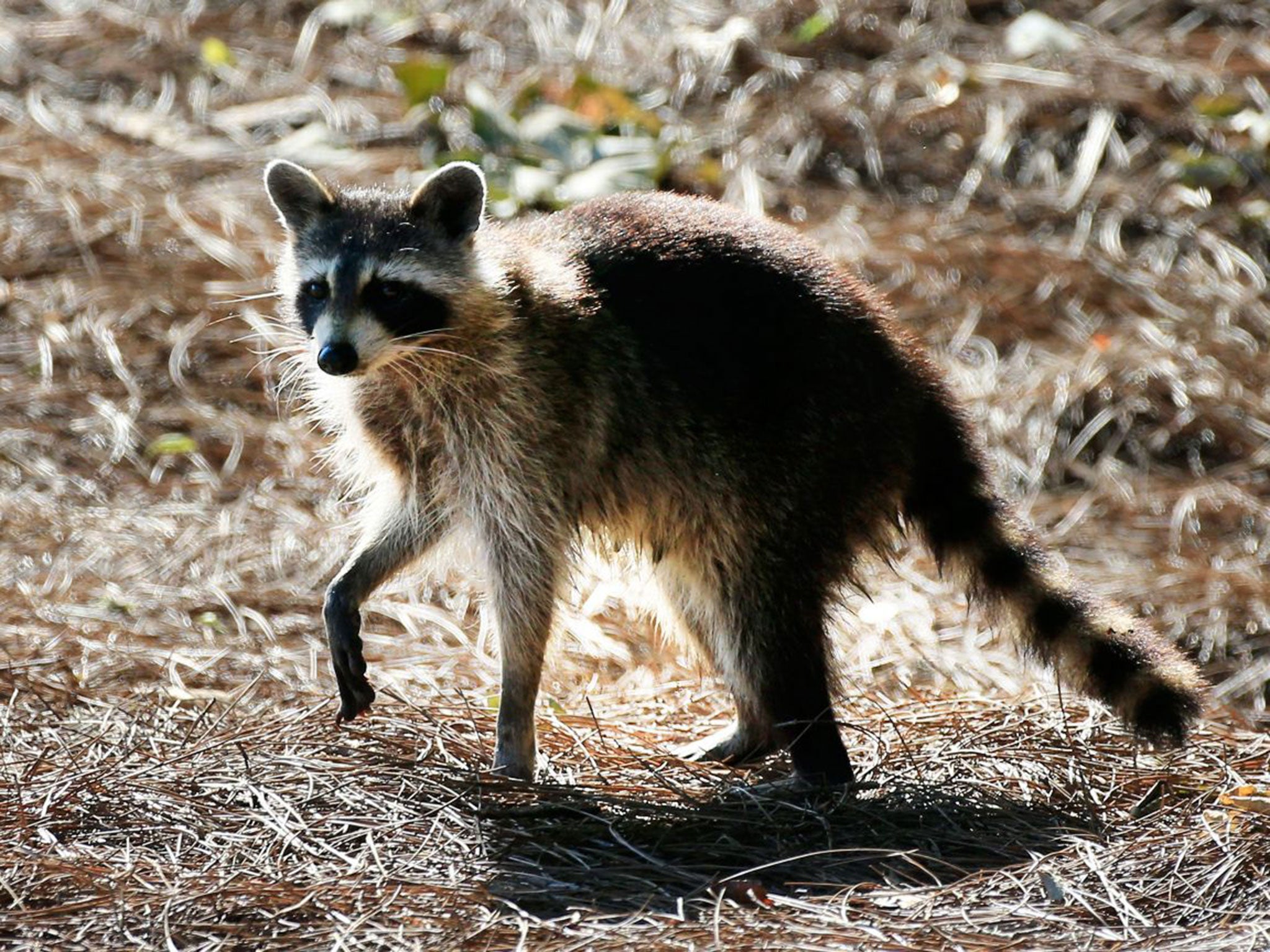Woman treated for rabies after bringing injured raccoon into her home that bit her
Incident prompts police to warn: 'Never take in a wild animal into your home!'

A Maine woman is undergoing treatment for rabies after she took an injured raccoon into her home that then bit her a number of times, police have said.
A game warden who later attempted to remove the rabid animal was also bitten and required treatment for the viral disease.
Kennebunkport Police Department warned the public not to take wild animals into their homes following the incident.
The rabies virus, which is most common in wild animals such as raccoons, skunks, bats and foxes, causes swelling of the brain and spine that eventually leads to death.
“Kennebunkport has its first confirmed case of rabies in 2018,” the police department announced in a Facebook post.
“As a smart reminder, never take in a wild animal into your home! Wild animals are meant to left alone and remain outdoors.
“The Maine Warden service is the agency that should be contacted for wild animals that are injured or become a nuisance.
“Never touch a wild animal. It is unsafe for you and could cause the animal to become aggressive.”
Early symptoms of rabies include fever, headache, and weakness.
As the disease progresses, an infected person may experience confusion, agitation, partial paralysis, hallucinations, insomnia, increase in saliva and difficulty swallowing. Death is expected within days of the onset of these symptoms.
The number of people dying of rabies in the US has fallen from more than 100 per year at the start of the 20th Century to one or two per year in recent years.
The drop is attributed to increases in public health programmes around the disease, with the US now spending more than $300m (£233m) per year on disease detection, prevention and control, according to the Centre for Disease Control.
Health officials have nevertheless expressed concern about an apparent rise in rabies cases in animals such as raccoons and cats this year.
Join our commenting forum
Join thought-provoking conversations, follow other Independent readers and see their replies
Comments
Bookmark popover
Removed from bookmarks